Writing

Lilly Rivlin
Lilly Rivlin is a documentary filmmaker whose films are centered around feminism, the Arab-Israeli peace process, Jewishness, and her family relationships. Rivlin’s films The Tribe (1984), Miriam’s Daughters Now (1986), and Gimme a Kiss (2000), all of which explore Jewishness and family, are among her best.
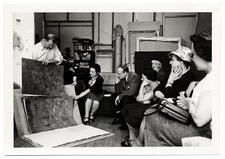
Colette Roberts
Colette Roberts devoted her life to increasing people’s understanding and appreciation of modern art. The success she earned as a gallery director, art critic, and educator influenced the art world of the mid-twentieth century in New York and Paris and throughout the world.
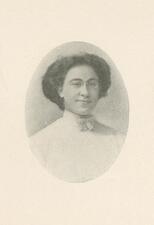
Sophia Moses Robison
Claudia Roden
Food writer and cookbook author Claudia Roden single-handedly opened up the world of Sephardic and Mizrahi Jewish foods to chefs, food critics and home cooks across the globe providing a new portal into understanding and experiencing Jewish food and culture.
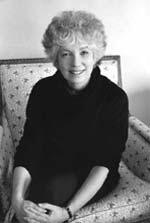
Anne Roiphe
A prolific journalist, essayist and novelist, Anne Roiphe is an American writer known for tackling issues of feminism and Jewish identity. Despite her sometimes controversial writings, Roiphe has become an important voice for secular Jews who, while perhaps uncomfortable with organized religion, nevertheless feel an attraction and a commitment to their Jewish heritage.
Esther Rome
A coauthor of Our Bodies, Ourselves, a classic women’s resource book, Esther Rome came of age with the onset of the modern feminist movement and was a leader in shaping modern American notions of self-help and advocacy for women’s physical and mental health.
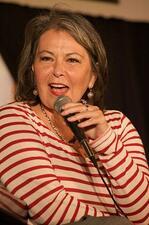
Roseanne
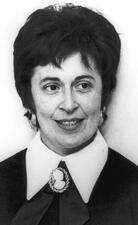
Gladys Rosen
Gladys Rosen created resources that changed how people approached Jewish history. As program specialist for the American Jewish Committee, she published Guidelines to Jewish History and Social Studies Instructional Materials, which offered summaries of Jewish history and resources for teaching Judaic studies. She went on to coedit a number of books on Jewish culture and history and was an interviewer on the radio program, Jewish Viewpoint.
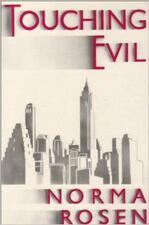
Norma Rosen
Born in Brooklyn in 1925 to secular and assimilated parents, Norma Rosen was an American-Jewish novelist, essayist, educator, editor, and professor. Rosen’s exploration of Jewish history and religion in her writings contributed to questions surrounding Jewish theology and Jewish feminism in the second half of the twentieth century.
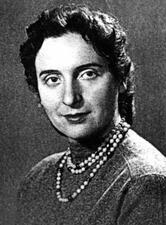
Chava Rosenfarb
Chava Rosenfarb, a major Yiddish novelist of the second half of the twentieth century, is one of the few Holocaust survivors who transmuted their experiences into fiction rather than memoirs or reminiscences.
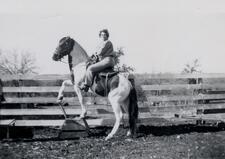
Frances Rosenthal Kallison
Frances Elaine Rosenthal Kallison was a horsewoman and historian, a cofounder of the Texas Jewish Historical Society, and the only Jewish woman in the National Museum and Cowgirl Hall of Fame. A regional leader of the National Council of Jewish Women, she lobbied to end the poll tax and open pre-natal clinics for the poor. The exhibit she curated on Texas Jewry for the 1968 World’s Fair in San Antonio has been continually updated.
Esther Rosenthal-Shneiderman
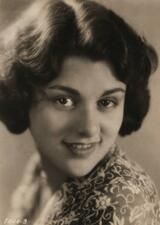
Lillian Roth
Lillian Roth, a singer-actor whose career met with early success but was eventually sidetracked by alcoholism and mental illness, wrote an autobiography that became an international bestseller. At fourteen Roth landed a part in the Shubert show Artists and Models; by seventeen, she was in Ziegfield’s Midnight Follies. She moved to Hollywood for a successful film career before her life fell apart due to mental health challenges and alcoholism.
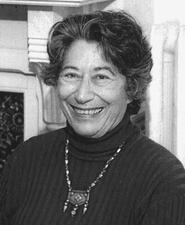
Sylvia Rosner Rothchild
Sylvia Rosner Rothchild was a prolific writer and historian whose works of fiction and nonfiction explored American Jewish identities and captured audiences. Many of her writings depict the descendants of Eastern European Jews who arrived in the United States in the decades surrounding the turn of the twentieth century.
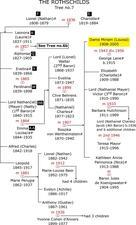
Dame Miriam Rothschild
Dame Miriam Rothschild was a renowned British natural scientist who published over 300 scientific papers throughout her lifetime, making groundbreaking contributions to the fields of entomology, zoology, marine biology, and wildlife conservationism. In 1985 she was made a Fellow of the Royal Society and credited for her work in the histology, morphology, and taxonomy of fleas.
Bernice Rubens
One of Britain’s most successful post-World War II authors, Bernice Rubens was born in Cardiff, Wales, in 1928. In 1970, she became the first woman recipient of the Booker Prize for her novel The Elected Member.
Gail Rubin
Ruth Rubin
Ruth Rubin devoted a lifetime to the collection and preservation of Yiddish folklore in poetics and songs. As a popular performer-folklorist, she would describe the background of her selections and then sing them in a simple, unaccompanied style. Rubin helped preserve the past and launch the modern Yiddish revival.
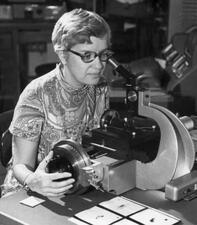
Vera Cooper Rubin
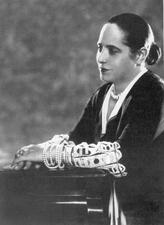
Helena Rubinstein
Helena Rubinstein built a global beauty empire by selling face cream to Depression–era housewives and teaching makeup tricks to film vamp Theda Bara.
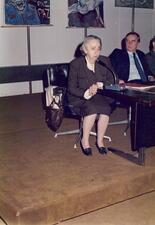
Mina Fridman Ruetter
Mina Fridman Ruetter (1922-2003), an Argentinean-born Jew, was the most prominent leader of the Yiddisher Kultur Farband (YKUF) beginning in the 1970s. She studied and worked as a writer, teacher, and translator in organizations linked to the Communist Party and the Soviet Union. She was a highly visible leader and the disciple of YKUF intellectuals such as Pinie Katz and Samuel Gordon.
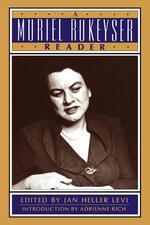
Muriel Rukeyser
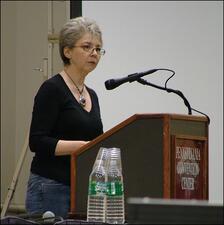
Mary Doria Russell

Aline Saarinen
Aline Saarinen first gained notoriety as an art critic and served as an associate art editor at the New York Times. Her career in art criticism segued into a career in television as a popular on-air personality. Saarinen’s presence on television led to her appointment as chief of the National Broadcasting Company’s Paris news bureau, the first woman to hold a position of this type.
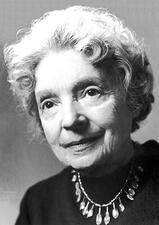
Nelly Leonie Sachs
In 1966 Nelly Sachs became the first German woman to win the Nobel Prize in Literature. After Sachs fled Berlin in 1940, her thirty-year exile in Sweden proved fertile ground for her poetry. She was motivated as a writer by her deep desire to bear witness to the victims of the Holocaust.


